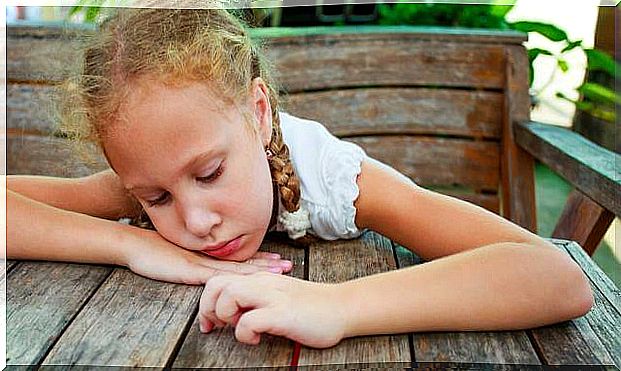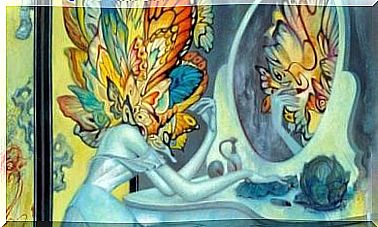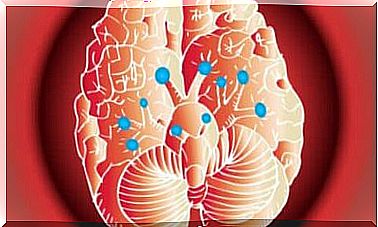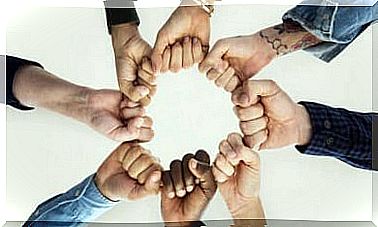Depression Is Not Child’s Play
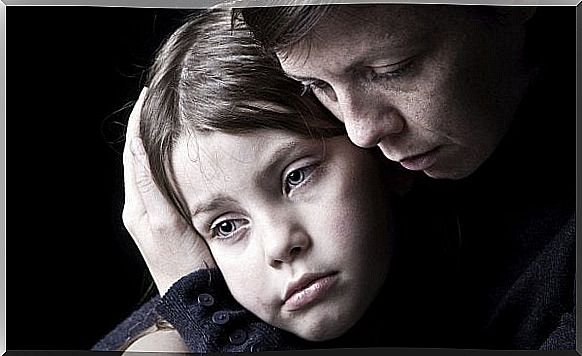
Depression is a problem that affects many people. People can become or are prone to suffering from depression depending on their lifestyle, ability to solve problems effectively and the things they experience. It is a disease that scars, suppresses and hurts people. But does it only occur in adults, or can depression also occur in children?
We tend to think that depression only affects adults, but unfortunately children can suffer from it too. This is also called pediatric depression or childhood depression, and the symptoms are very different from those of adults. Remember that children find it difficult to control their emotions in the first place, more than anything else because it is new to them and the areas of self-control in the brain are not yet fully developed.
Even Babies Can Suffer from Depression
If it was surprising that depression can also occur in children, you will be surprised to learn that it can also affect babies. But how can a child experience this disease? In such cases, there could be a clear genetic component, even if the mother suffered from depression or postpartum depression , it could have repercussions on the baby.
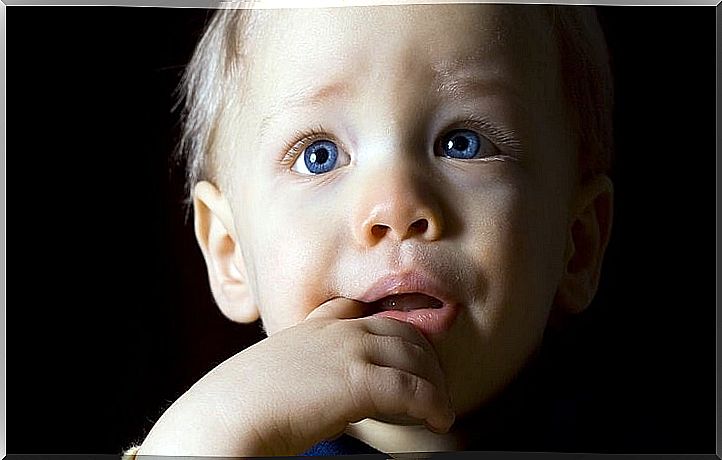
When a baby suffers from depression, symptoms can include crying and trouble eating. In general, babies have no problems eating and their crying has a specific purpose: a physiological need, discomfort, or pain. If these things cause problems and the symptoms get worse, you may have a depressed infant.
Another warning sign is lethargy or lethargy. Babies are normally very active; they cry, move, babble and explore the world in a curious way. When they stop doing these things and always seem tired, inactive, or have a lifeless look in their eyes, it’s time to worry. This is not normal for a baby.
Is it crazy for a baby to suffer from depression? Fortunately, it is not very common, even though the symptoms may not be recognized until childhood. At that point, they are more evident, but still very different from those of adults.
Symptoms of Childhood Depression
It is very important for parents to pay attention to possible indications that the child is not well or that the child is sadder than usual. Sometimes a child’s sadness can seem less important because of work and ‘adult problems’, or simply as a mood swing that is normal for their age.
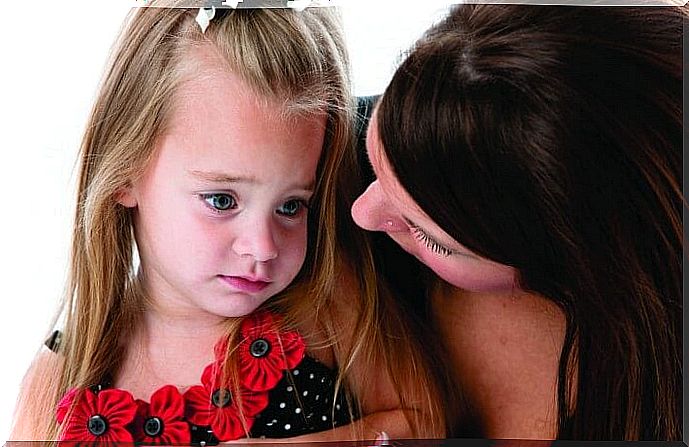
If they don’t get help, the depression can worsen as they get older. That’s why it’s so important to recognize some of the symptoms that may be affecting them and that could indicate depression.
- Lack of interest in playing with toys or socializing with other children. This is not normal for a child, who would have to experiment and adapt to the world, not to be interested in playing and making friends. Nor is it normal for them to be disinterested in school, as it is new to them and they generally have a great hunger for knowledge.
- Deficient or low self-confidence. If you start to notice that your child thinks he or she is not good at anything, or even says things like “I can’t do it,” “I’m not good at it,” or “I’m stupid,” it’s an obvious sign. Kids experiment and make mistakes, but that doesn’t have to make them feel pointless or stupid. However, if it does, there could be a serious problem.
- Isolating themselves in their room and avoiding contact with family. If your child spends much of his time in his room, whether he’s reading or doing other things, and he’s avoiding contact with other members of the family, it could be a warning sign.
- They have aches without any apparent cause. It is very difficult for children to express and identify their feelings because they are still figuring out how to manage them. If they start sleeping a lot, have constant abdominal pain, or have another body part that always hurts for no reason, they may be depressed.
To make sure it is a serious problem and not a passing circumstance, the symptoms must be present for a long time. But the most important thing is to get professional help if you’re not sure if these symptoms are chronic. The sooner you identify the problem, the faster you can put an end to the problem. Because depression is not child’s play.
